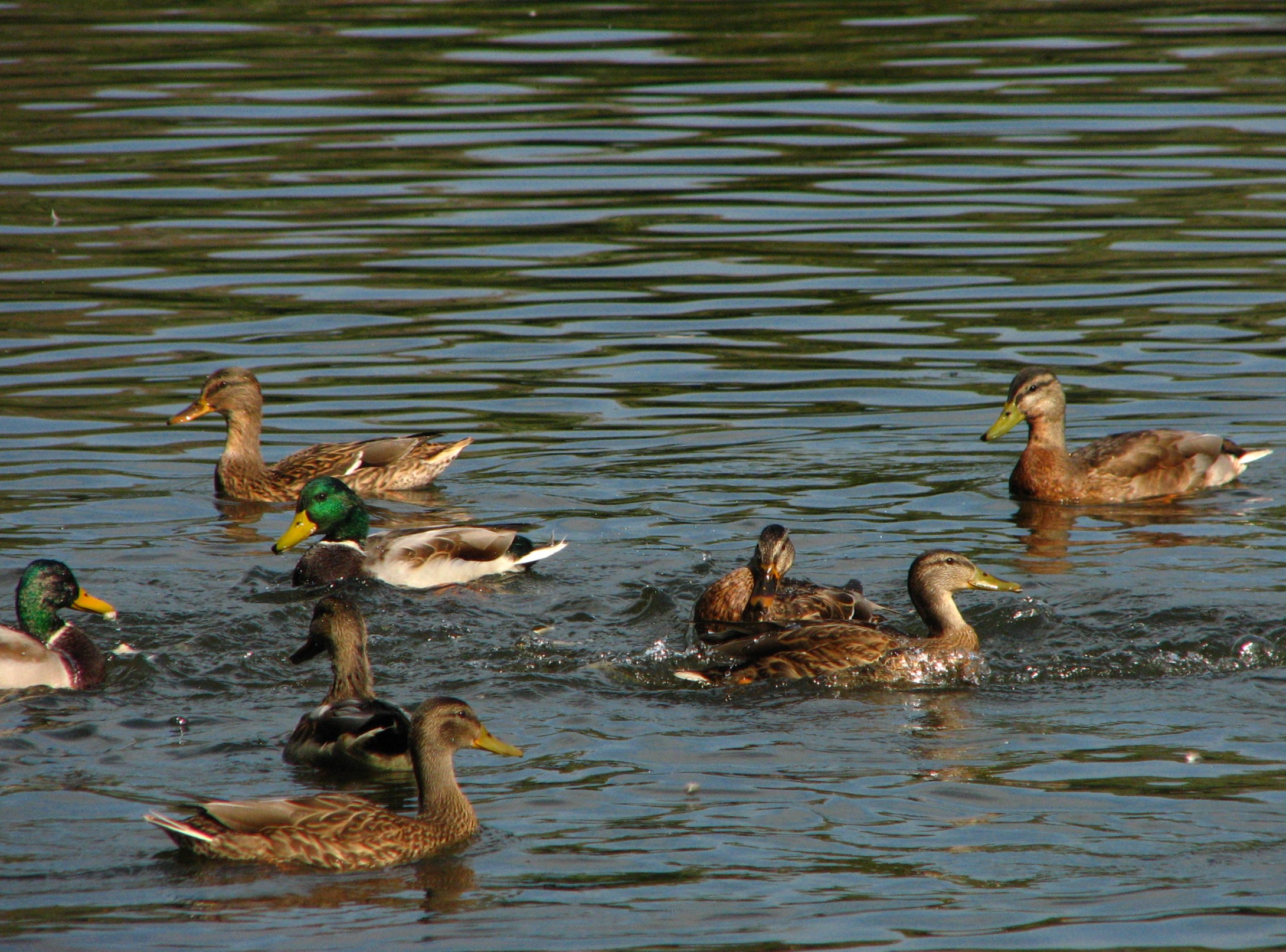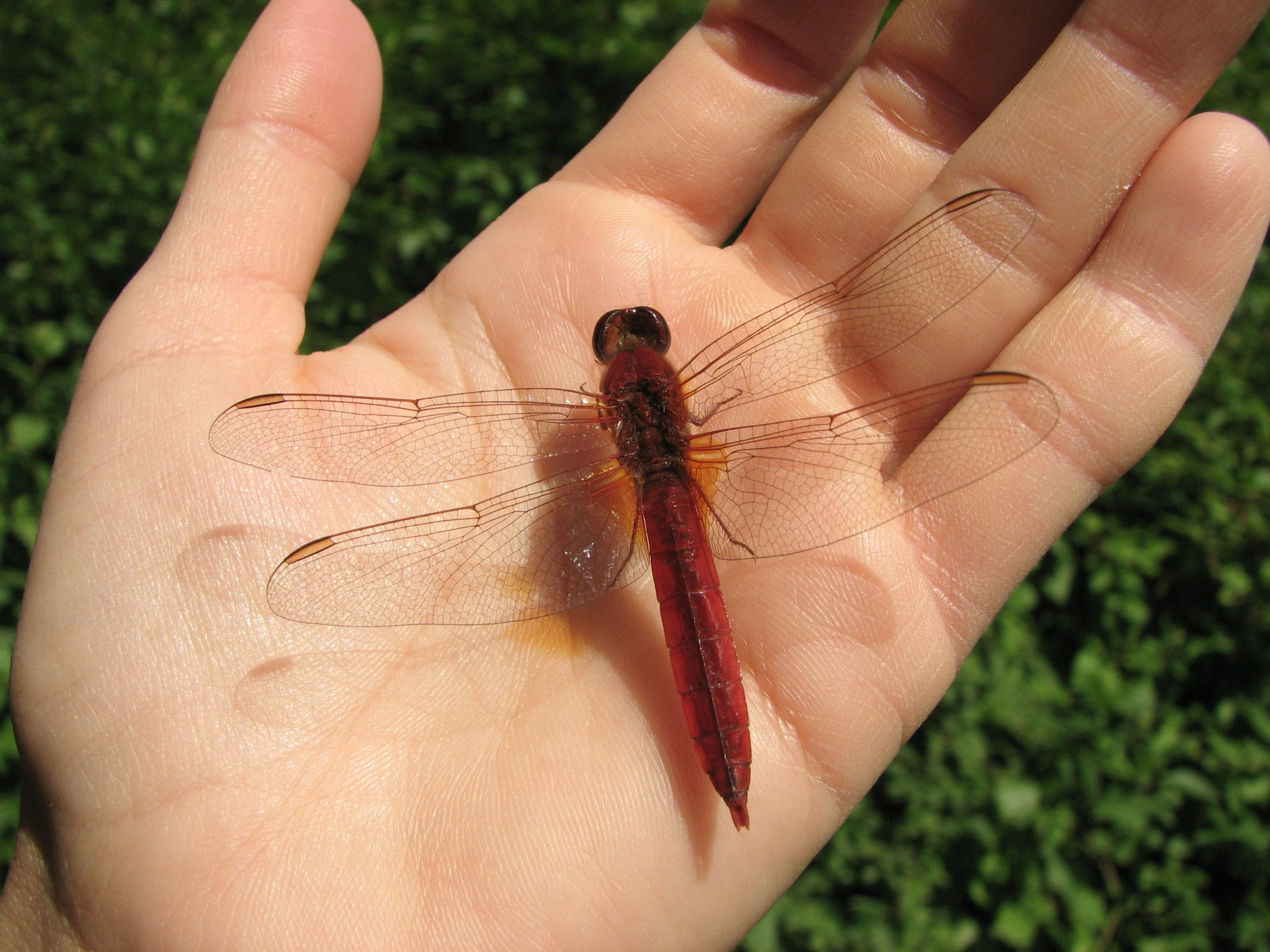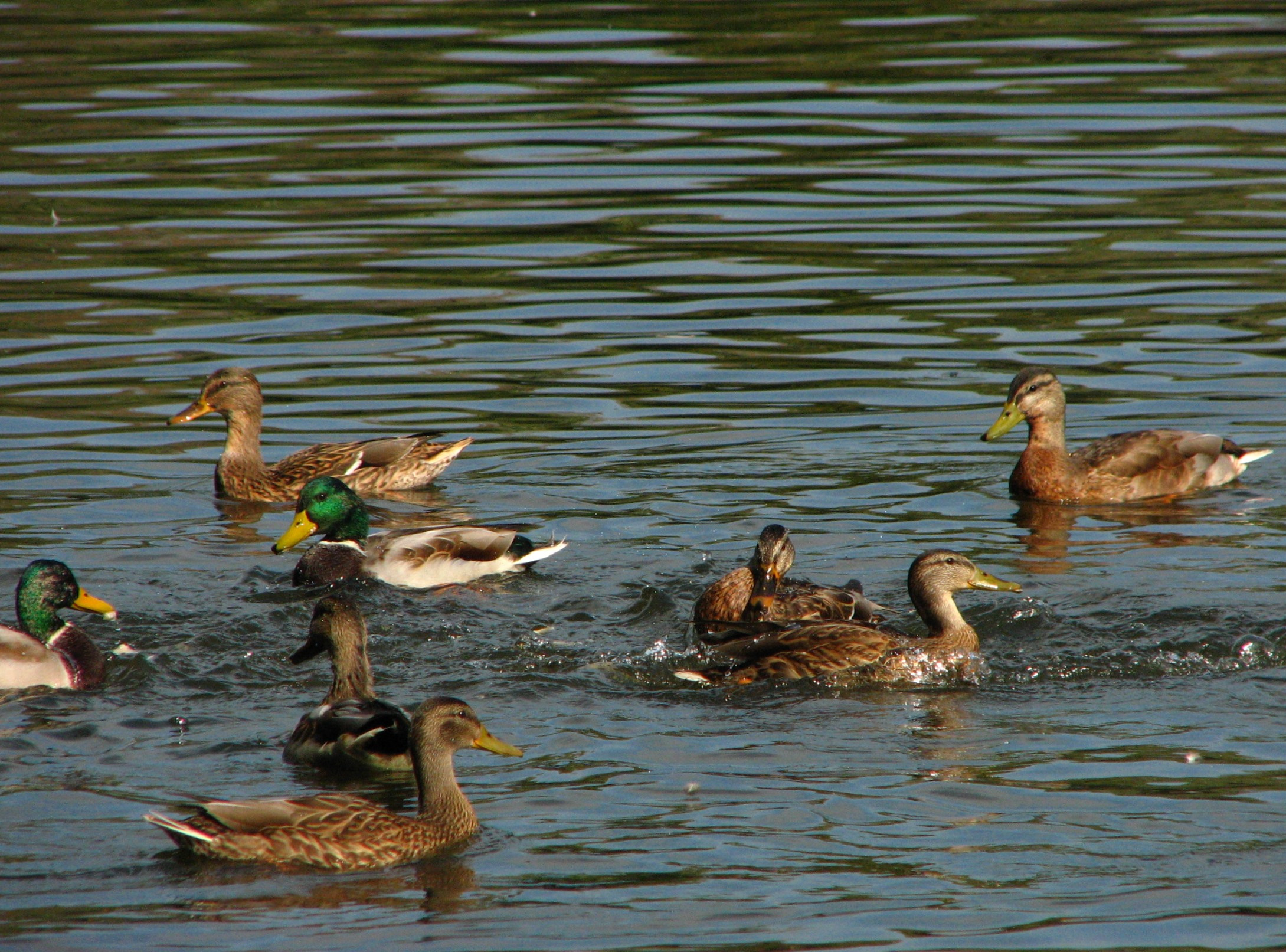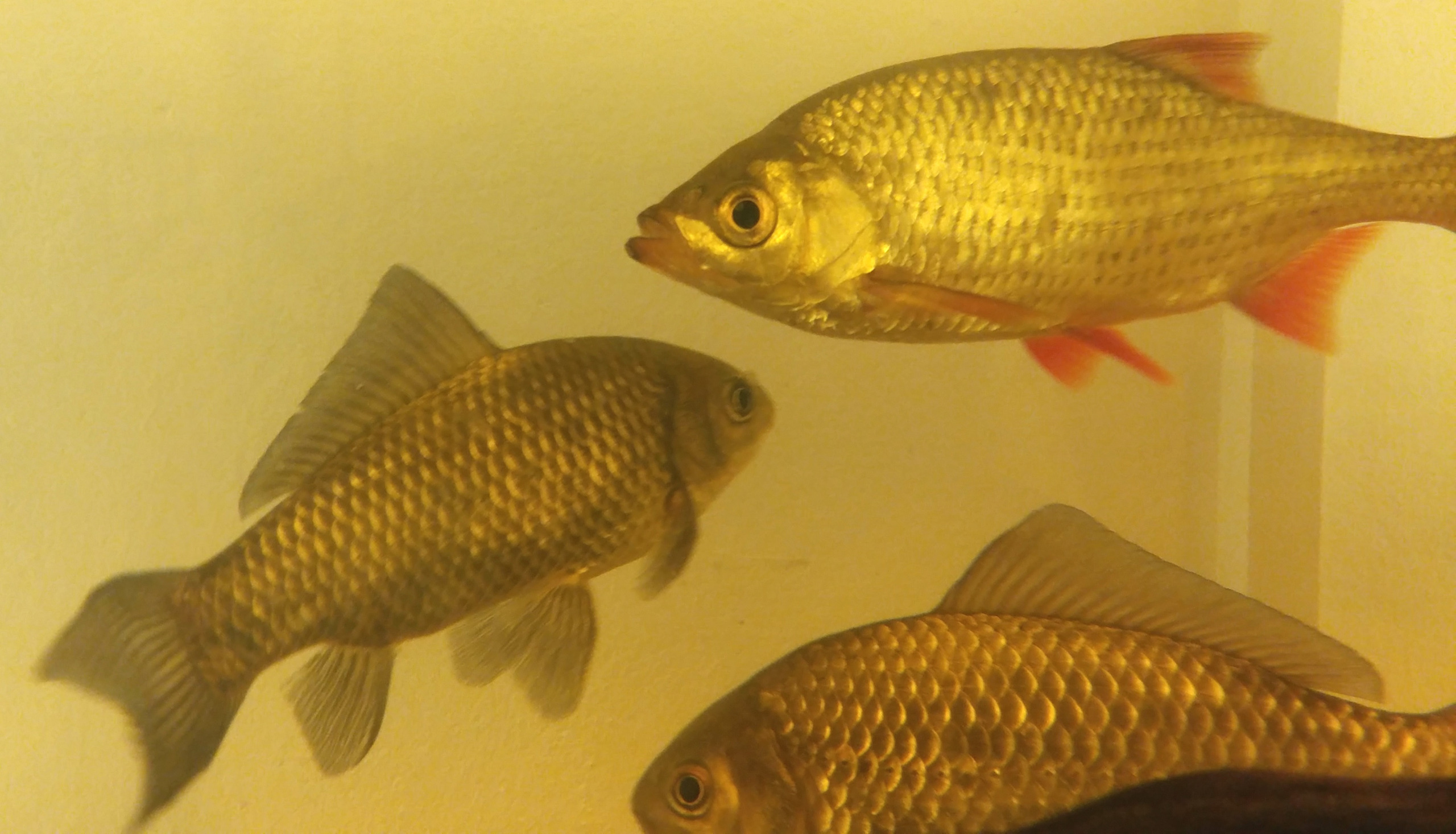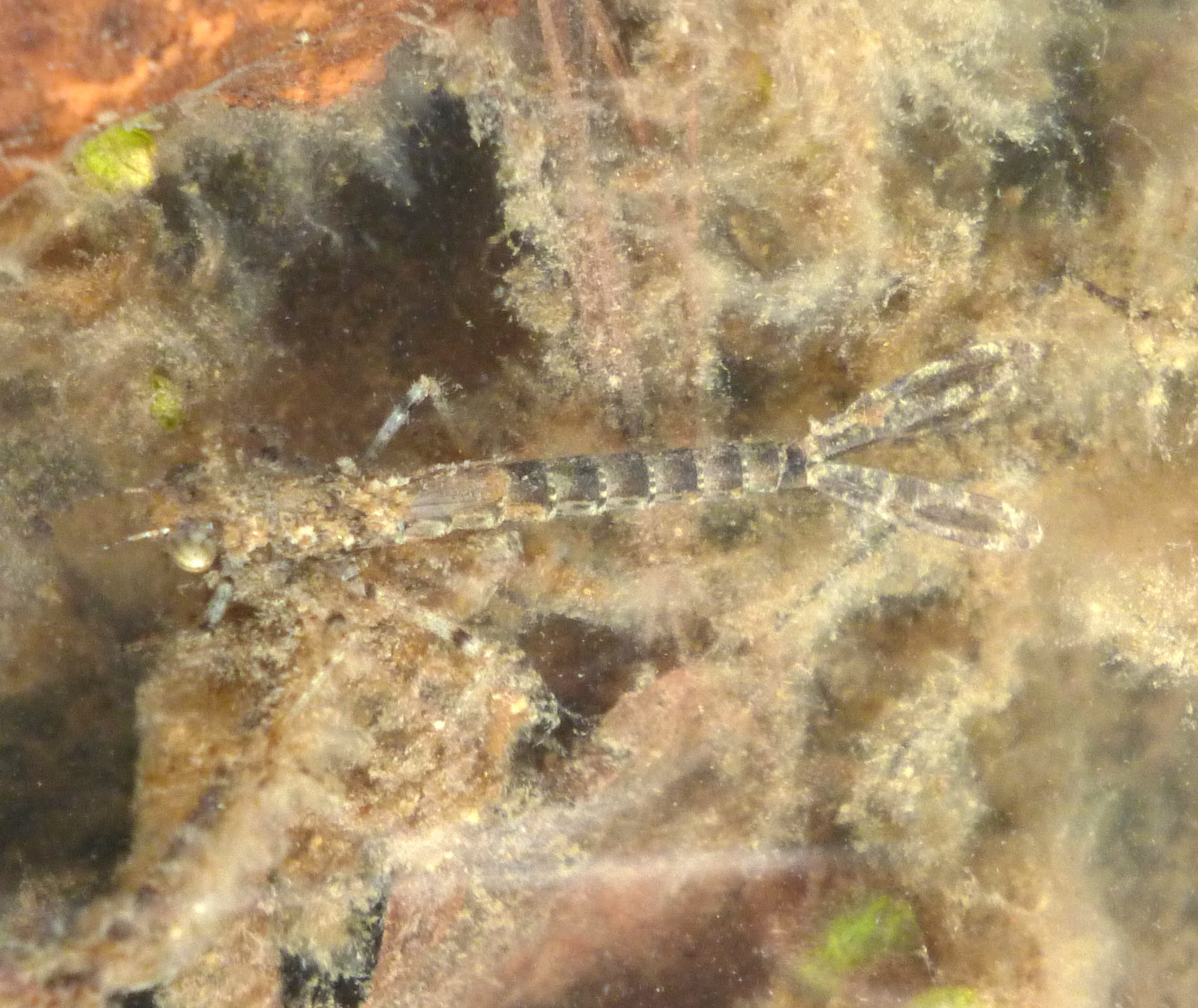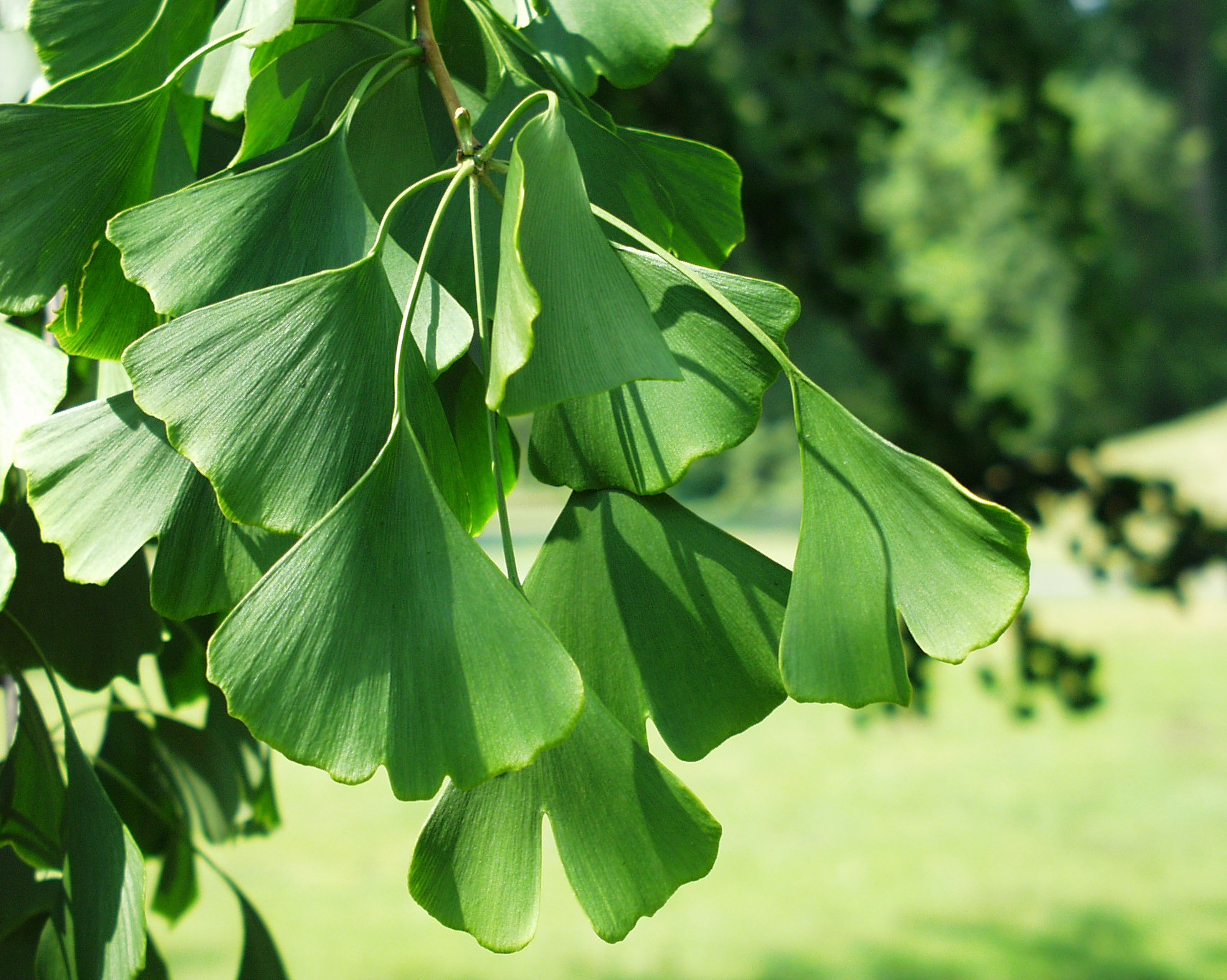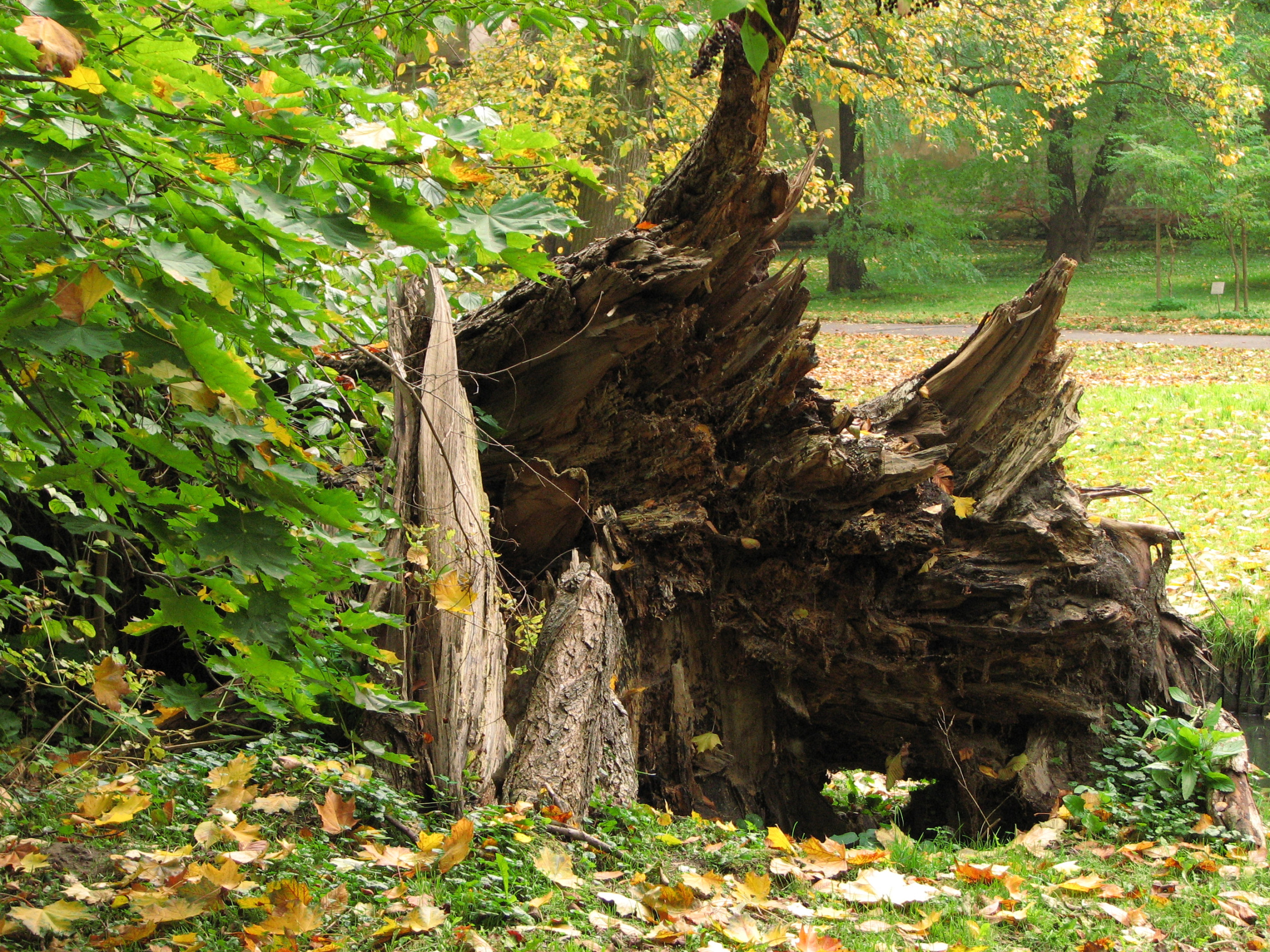Wilanów Nature Club – reports 2015
Throughout autumn, younger and older nature lovers discovered the wealth of plants and animals in the Wilanów gardens together.
WILANÓW NATURE CLUB – MEETINGS WITH SPECIALISTS
To become a nature researcher, you don’t have to go to the end of the world. In the Wilanów gardens we will meet fabulously colourful dragonflies and butterflies, seven species of woodpeckers, otters, beavers, native and exotic trees, various species of plants and animals even in the corners of the walls. Here we can discover the relationships between organisms and their environment, as well as the changes that before they occur.
Man has an increasing influence on the world around him. Our activities change nature, and this is especially visible in urban areas. The educational and research project carried out in Wilanów allows us to learn and better understand these changes. Thanks to extensive research, we learn how the Wilanów ecosystem resists the pressure of the city. We also share the knowledge we have acquired, because nature is our common good.
At the meetings, we hosted specialists from various fields who told us how nature in the city differs from that in non-urban areas. Under their watchful eye, we learned how to observe and discover what is closest to us.
***
Meetings:
5 September, 2015: “Mallard duck – half wild, half urban”, host Marek Elas
During the classes, we learned about the behaviour of ducks in an urban environment. We checked how mallards react to various human behaviours and whether such reactions are individual or the same for all ducks. Or maybe ducks can learn from each other? We managed to take a really close look at them. Based on the results of year-round counts of water birds in the park, we tried to determine the wildness or attachment of birds to the park area.
19 September, 2015: “What will the fish say?”, moderated by Assoc. Prof. Paweł Koperski
What fish live in our city? Do they get in trouble because of us? Even though the underwater world is often at our fingertips, it is inaccessible to us. That’s why during classes we learned more about our finned neighbours: what they look like, what they eat, what their habits are. We also chose Miss Polish Waters.
3 October, 2015: “What’s going on in the fountain – or about the animals of invertebrate urban reservoirs”, host Tomasz Karasek
During classes we looked under water again. This time we took magnifying glasses and binoculars and looked for what was invisible to the naked eye. We learned what animals live in the fountain and how their lives differ from their relatives from natural reservoirs.
10 October, 2015: “About exotic plants in Polish flora”, host Katarzyna Dytrych
What are alien plants? Where did they come from in our country? How are they doing here? How do they affect native plants? Can cacti be invasive species? During the meeting, we tracked foreign species growing in the Wilanów gardens.
17 October, 2015: “About insects, dead wood, hollows and old trees in parks”, moderated by Piotr Tykarski, PhD
Dead wood, although its name may be misleading, is actually teeming with life. It is home to a huge number of insects. Some of them can also be found in the Wilanów gardens. During the classes, we looked at them carefully under the binoculars and learned to recognise traces of their presence.
***
Meeting dates in 2015: 5 and 19 September, 3, 10 and 17 October, at 11–12.30. Reservation: tel. 22 54 42 850 or sklep@muzeum-wilanow.pl Cost: Participation in the meetings is free of charge, the number of places is limited. On the day of the meeting, you must collect free entry tickets at the museum’s ticket office. Place: The meetings begin in the Coach House educational room in the foreground. They will take place in the hall or in the gardens, depending on the topic and weather conditions.
Free meetings of the Wilanów Nature Club are held as part of the project “Social education in the conflict between urbanisation and ecology at the Wilanów Palace Museum” is carried out thanks to the support provided by Iceland, Liechtenstein and Norway under the Financial Mechanism of the European Economic Area.
Julia Dobrzańska
Museum Education Department
jdobrzanska@muzeum-wilanow.pl
22 544 28 38
Museum Education Department
jdobrzanska@muzeum-wilanow.pl
22 544 28 38
Media patronage of children’s programmes:
